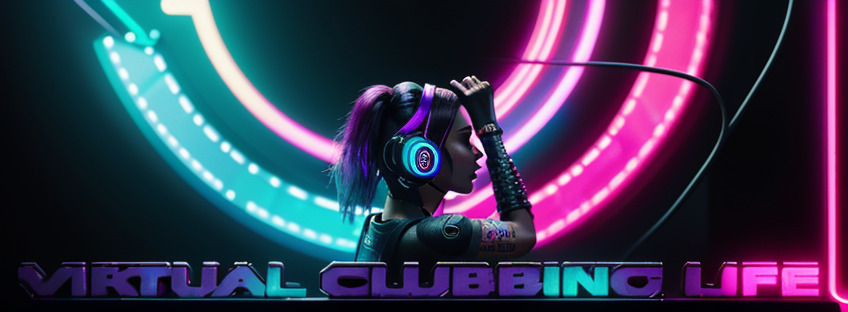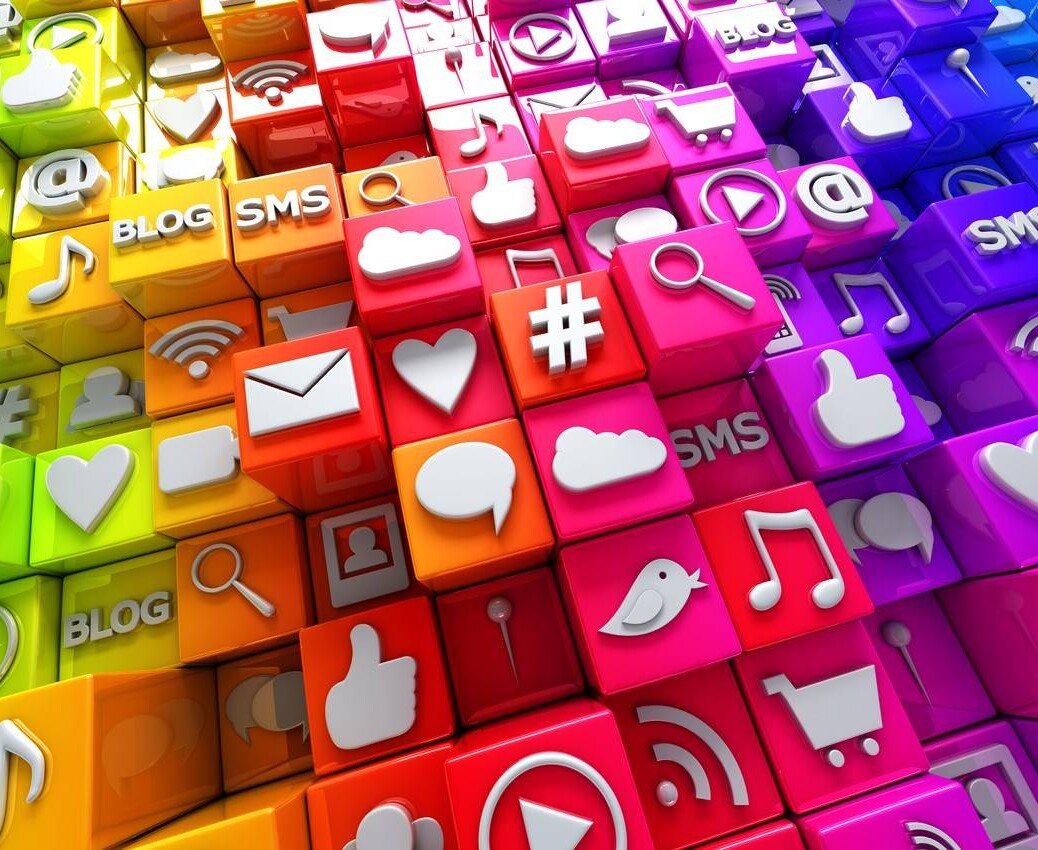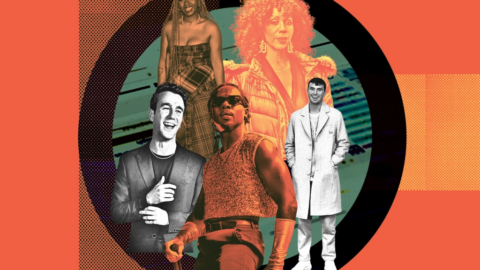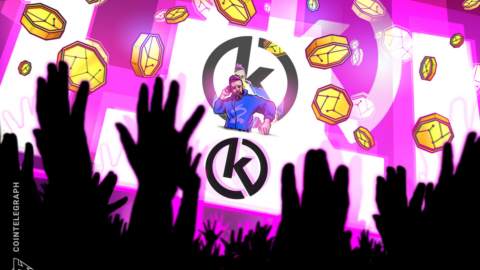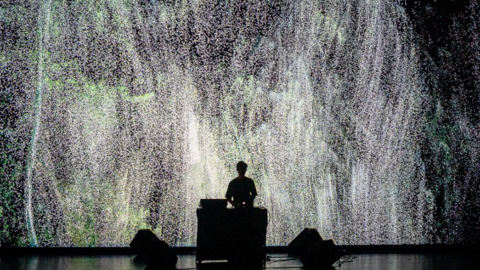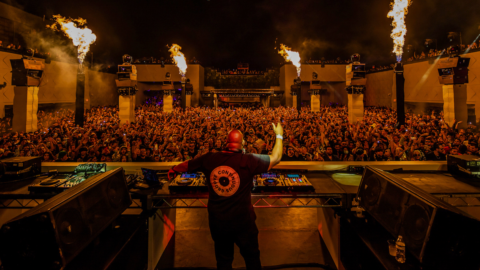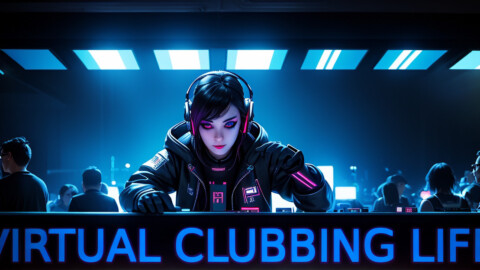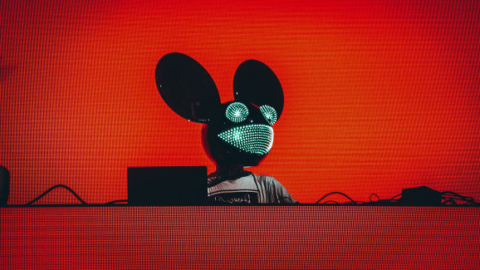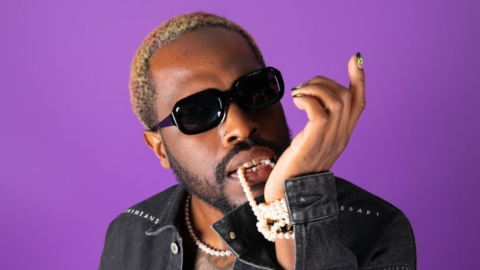Over the past decade, the music industry has experienced a transformative shift, largely influenced by the proliferation of social media. No genre has felt the impact more than electronic music, a genre that blossomed from the underground rave culture to the mainstream, fueled by social media platforms. This article explores social media’s role as a game-changer in electronic music promotion, and how electronic music artists are leveraging this tool to skyrocket their careers.
The Evolution of Electronic Music Promotion Through Social Media
In the early days of electronic music, promotion was primarily done through word of mouth, flyers, and underground music magazines. Then came the internet, followed by social media, providing a more effective way for artists to reach wider audiences. Initially, social media served as an incubator for niche genres like dubstep and house music, creating online communities where fans and artists could connect. Fast forward to today, social media has become the primary platform for electronic music promotion, where new releases, event announcements, and artist branding efforts are launched and received globally in real time.
The impact of social media on electronic music cannot be overstated. It has democratized the music industry, allowing relatively unknown artists to reach a global audience without the need for a major record label. This shift in dynamics has given rise to a new generation of electronic music stars who owe their success to strategic social media promotion. The use of social networks has also allowed for more interactive and intimate fan-artist relationships, fostering a sense of community that is a key element in the electronic music scene.
Social Media Platforms: The New Stage for Electronic Music
Different social media platforms offer unique advantages for promoting electronic music. Facebook, with its broad user base, serves as a hub for sharing new releases, event updates and engaging with fans. Twitter allows real-time communication between artists and fans, making it ideal for announcing surprise gigs or releases. Instagram, with its visual-centric approach, is perfect for sharing behind-the-scenes footage, aesthetically pleasing album covers, and glimpses into the artists’ lifestyle.
SoundCloud and YouTube, although not traditional social media platforms, play an instrumental role in the electronic music scene. SoundCloud has become the go-to platform for artists to share their music, acting as a digital portfolio. YouTube serves as a video platform for music videos, live performances, and interviews, helping artists shape their image and engage with fans on a deeper level.
A relatively recent development is the rise of music streaming platforms such as Spotify and Apple Music. These platforms incorporate social elements, allowing users to create and share playlists, follow artists, and discover new music based on their listening habits. For electronic music artists, these platforms provide invaluable data on listener demographics and preferences, guiding their promotional strategies and artistic direction.
Leveraging Social Media for Successful Electronic Music Promotion
Successful electronic music promotion on social media requires more than just posting music tracks and event announcements. It calls for a well-planned strategy that includes engaging content, consistent posting, and fostering an active community. Artists need to understand their audience, create content that resonates with them, and communicate in a way that makes fans feel part of the artist’s journey.
Through social media, artists can share their story, their inspirations, and their creative process, creating a deeper connection with their fans. By consistently sharing high-quality content, artists can keep their fans engaged, build a strong brand image, and increase their visibility online. Regular engagement with fans, whether through comments, direct messages, or live streams, also helps to foster a loyal fan base.
Case Studies: Social Media’s Impact on Electronic Music Success
There are numerous examples of electronic music artists who have leveraged social media to skyrocket their careers. Artists like Martin Garrix and Deadmau5 started their careers by sharing their music on SoundCloud and YouTube, attracting millions of listeners and catching the attention of major record labels. Skrillex, a Grammy-winning electronic artist, credits much of his success to his active social media presence, particularly his early adoption of platforms like SoundCloud and YouTube.
On a larger scale, the electronic music festival Tomorrowland has become one of the world’s largest music festivals, largely due to their effective use of social media. By sharing captivating highlights from their events on platforms like Facebook and Instagram, they’ve been able to create a global brand that attracts attendees from all over the world.
Social media has also played a pivotal role in the success of electronic music genres like dubstep and future bass. Through platforms like SoundCloud, these genres have been able to develop dedicated online communities, leading to their mainstream breakthrough.
In conclusion, social media has revolutionized electronic music promotion. It has provided a platform for artists to share their music with a global audience, interact with fans, and build their brand. It has democratized the music industry, allowing independent artists to compete with major record labels. As social media continues to evolve, so will the ways in which electronic music artists use it to promote their work. For now, it remains an indispensable tool in the toolkit of any successful electronic music artist.

